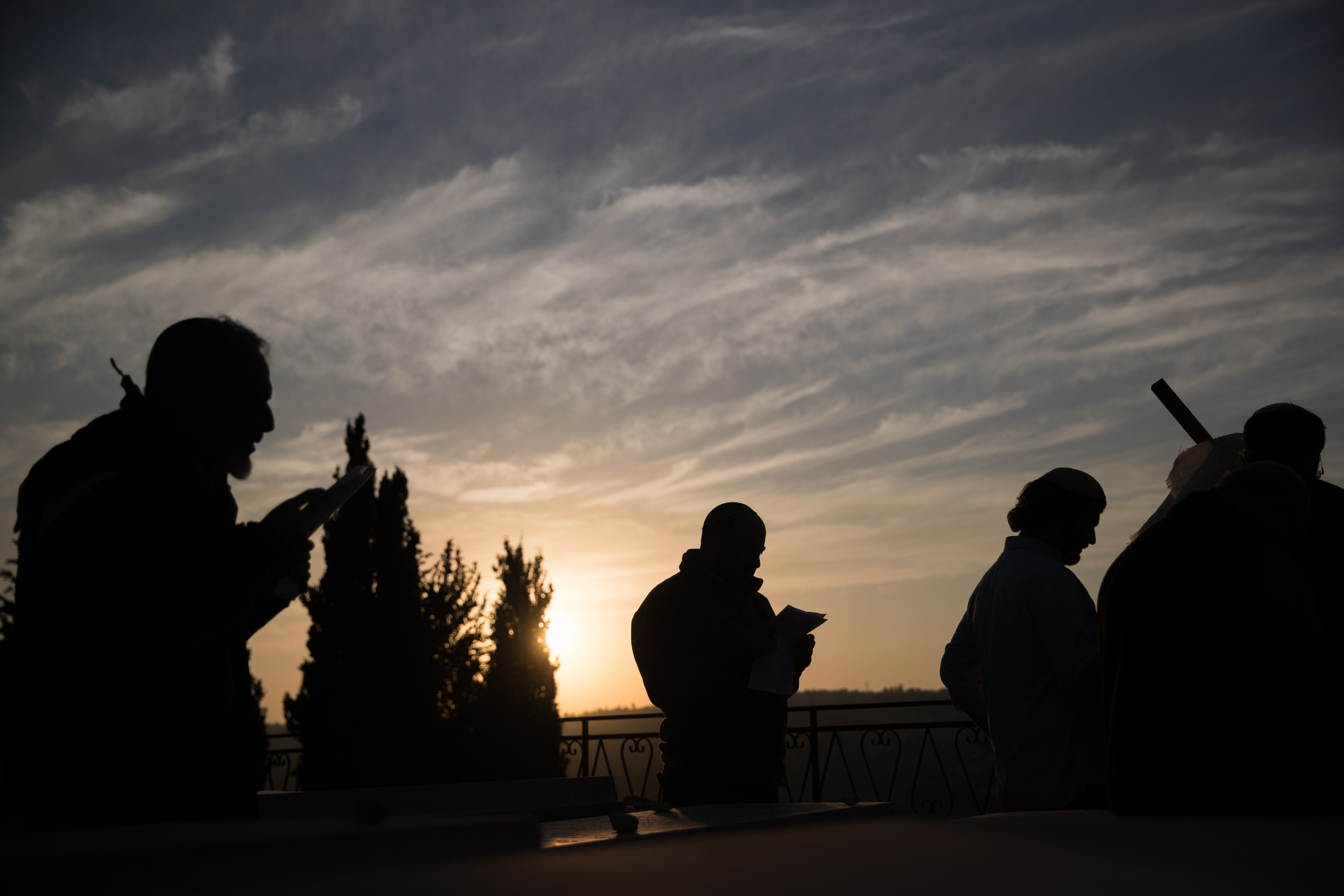RAPE AND MURDER: How Meir Kahane's family’s tragedy shaped his radicalism
Meir Kahane’s calls for Jewish separatism and preemptive action echoed the lessons of his childhood: that survival demanded strength, and coexistence was a risk too great to take.

On March 28, 1938, a Jewish taxi traveling the Haifa Safed road in British Mandate Palestine came under brutal attack, leaving six passengers dead, including Tzipora Kahane.
The assailants, a group of Arab gunmen, opened fire without warning, killing a child, two women, and three others. They also raped and mutilated two female victims, one of whom, Allegra, was a Kahane relative.
British police arrived quickly, returning fire and chasing the attackers into the mountains, where they killed three of them. A military plane and six vehicles rushed to the scene, but for the Kahane family, it was too late. They had called the region home since the late 1800s and they felt their world upended.
The attack left deep scars, particularly for Meir’s uncle Mordechai. He was a Palestinian born Jew who lost his wife, daughter, and mother in law that day, under horrific circumstances.
By 1940, unable to stay in a place now marked by such pain, Mordechai moved to Howard Beach, Brooklyn. Over Shabbat dinners, he shared vivid stories with his eight year old nephew Meir and Meir’s father, Charles, recounting acts of Arab violence and praising Jewish resilience.
For Mordechai, the 1938 attack wasn’t an isolated incident. It was part of a broader pattern of aggression aimed at driving Jews from Palestine. His grief turned to resolve, and he began arguing that only aggressive retaliation could protect Jewish lives, a massive turnaround from the family’s earlier belief in peaceful coexistence.
For young Meir, these dinners were way more than family gatherings; they were a window into a world where Jews faced relentless threats. Growing up in Brooklyn, far from the bloodshed of Palestine, he listened intently as Mordechai described the attack and its aftermath, explaining that the Jewish people were under very real siege.
The stories, coupled with the family’s raw grief, left a lasting impression on Meir, who was just a child when he began to see Jewish survival as a fight requiring unwavering strength. Mordechai’s conviction that force was the only answer took root in Meir, forming his understanding of what it meant to be Jewish in a hostile world.
The 1938 attack came at a time of growing violence in British Mandate Palestine, where tensions between Jews and Arabs had been simmering for years. The Arab Revolt of 1936 to 1939 saw frequent attacks on Jewish communities, with hundreds killed in ambushes, bombings, and riots.
For Jews like the Kahanes, who had built lives in the region over generations, these years eroded hopes of living side by side with their neighbors. Mordechai’s response, hardened by personal loss, mirrored a broader shift among some Jewish families who felt betrayed by the promise of coexistence and turned toward more militant views to ensure their safety.
As Meir grew older, the lessons from his uncle’s stories stayed with him. In Brooklyn, he encountered new challenges, including antisemitism in the United States, which reinforced his belief that Jews could never fully trust their surroundings.
By the 1960s, Meir emerged as a loud and unique voice, founding the Jewish Defense League to protect Jewish communities in America from harassment and violence. The group’s slogan, “Never Again,” captured Meir’s view that Jews must stand up forcefully to any threat, a direct echo of Mordechai’s call for counter action after the 1938 tragedy.
In 1971, Meir moved to Israel, where he founded the Kach party, taking his ideas further. He argued for Jewish separatism, believing that coexistence with Arabs was too dangerous, and called for policies to prioritize Jewish security above all else.
His views, clearly shaped by the trauma of his family’s loss and the stories he heard as a child, made him a polarizing figure. Supporters saw him as a fearless defender of Jewish rights, driven by the painful reality of attacks like the one that claimed his mother. Critics, however, viewed his rhetoric as extreme, accusing him of encouraging even more division.
The Kahane family’s tragedy was not just a personal loss; it was a turning point that shifted their entire outlook. Mordechai’s departure from Palestine and his passionate talks around the dinner table gave Meir a framework for understanding the Jewish experience as one of constant struggle.
Decades later, Meir Kahane’s push for Jewish self reliance and his rejection of compromise carried the weight of his childhood lessons: survival demanded power, and trust in others could come at too high a cost. His worldview, born from the grief of 1938, reflected a deep seated fear that Jews would always face threats, a belief forged in the aftermath of a single, devastating day.
I'm not saying he was wrong. Unfortunately, it is becoming more and more apparent that we would be in a much better security situation if we actually had listened to him. What am saying, however, is that it's easier to understand where he was coming from when you bear in mind his origin story.